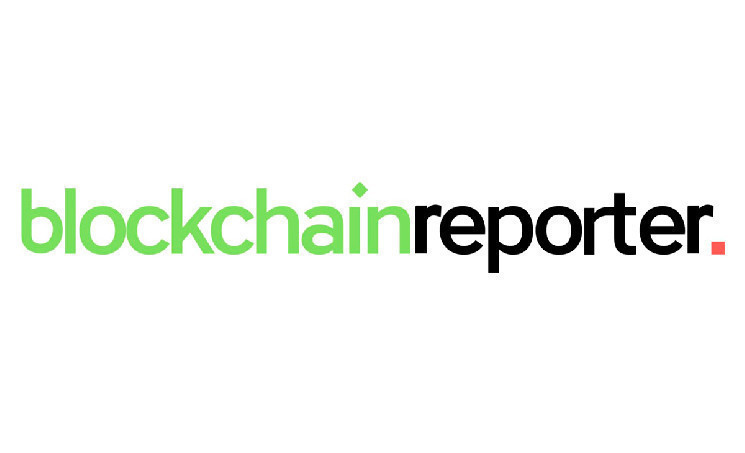Echelon has unveiled Bonds, a groundbreaking guild system enabling gasless and permissioned digital asset sharing within its ecosystem. This system is set to undergo Alpha testing in the coming weeks, involving Parallel players and administrators from five Bonds. Bonds allow players to borrow NFT cards and complete decks without any upfront costs, enhancing the free-to-play nature of Parallel by making access to NFTs and PRIME rewards completely free through a sharing system for gameplay winnings.
According to the firm’s report, several key components of Bonds operate on-chain, including membership, member management, and rewards distribution. Each Bond is represented by an individual smart contract deployed by the Bond Factory smart contract. Deploying a Bond incurs a PRIME fee, covering the first five members, with additional costs for adding more members. Bond members are identified by their Ethereum wallet addresses instead of traditional web2-style user profiles.
Echelon’s Bonds system has entered closed pre-Alpha testing today!
Our first bonds are helping to calibrate lending with Parallel’s Game Server before opening their doors.
Alpha testing bonds are:
Midnighters
PDAO
Contagion
Exile
DevmonsLearn more: https://t.co/QXZr1dE54X. pic.twitter.com/CM7C5GCqO7
— Echelon (@EchelonFND) July 10, 2024
PRIME distributions to Bonds and card lenders also occur on-chain. When players earn PRIME using borrowed cards, a portion is allocated to their bond’s smart contract. The lender rewards Merkle root is updated to reflect each lender’s claim on the earned PRIME. Detailed information on bond rakes and earnings will be provided later in the post.
Off-Chain Management
Off-chain components manage lending pools and communication with partner game clients to avoid network fees associated with Ethereum L1. Initially, Bonds launched with one asset pool, which was expandable to three pools for additional PRIME fees, allowing different tiers of asset access without deploying new smart contracts. Assets in wallets and Echelon smart contracts, such as Caching pools, can be added to a lending pool, including Keys and Cores.
Lending is managed through an off-chain API call between the Echelon-managed Bonds backend and the Parallel Game System (PGS). Only Echelon can authorize permissioned lending requests. Lending cycles last one week, with players able to request assets mid-cycle for the next cycle. If a player leaves a Bond mid-cycle, their lent and borrowed cards remain until the cycle ends.
Bond fees and rakes are crucial for maintaining the ecosystem’s sustainability. Two rakes occur before determining a player’s PRIME earnings from borrowed cards. The first 5% rake supports the Sink Schedule, which is essential for the PRIME ecosystem’s long-term success. Bonds are designed to be a pillar of sustainability as the player base expands.
The second rake, 10% in the alpha version, is split between the Bond and card lenders. Lenders receive a proportional amount based on the number of cards they supply. Bond and lender rakes will be customizable for future releases. The remaining PRIME after these rakes is distributed to the player through the usual gameplay mechanism.
Due to the gasless sharing system, issues may arise if lent cards are sold during a cycle. The Parallel game client reads and registers assigned cards during match wins, and discrepancies may occur if lent cards are moved to other wallets. Bond leadership must educate members on the risks of selling lent cards, as breaches can result in slashed or withheld earnings. Players wishing to sell cards not attached to their Bond but linked to their Parallel account should move the card to a wallet not associated with their Parallel account before listing to ensure proper attribution of PRIME earnings and eligible card IDs.







Leave a Reply